This Too Shall Pass
Anyone who knows me well knows that I value authenticity. I usually write blogs about topics that I have or can personally relate to. I’m not going to lie, when I asked my page followers for a new blog idea and the overwhelming request was a blog about PPD (Post Partum Depression) and PPA (Post Partum Anxiety) I felt nervous. How am I supposed to write about something I have never personally experienced?! As I thought more about it I realized I don’t need to have personal experience, I need to have a passion for helping all mothers with all struggles. And that I do have. I want mothers to feel safe and confident coming to me with anything. This attitude is what my business is all about.
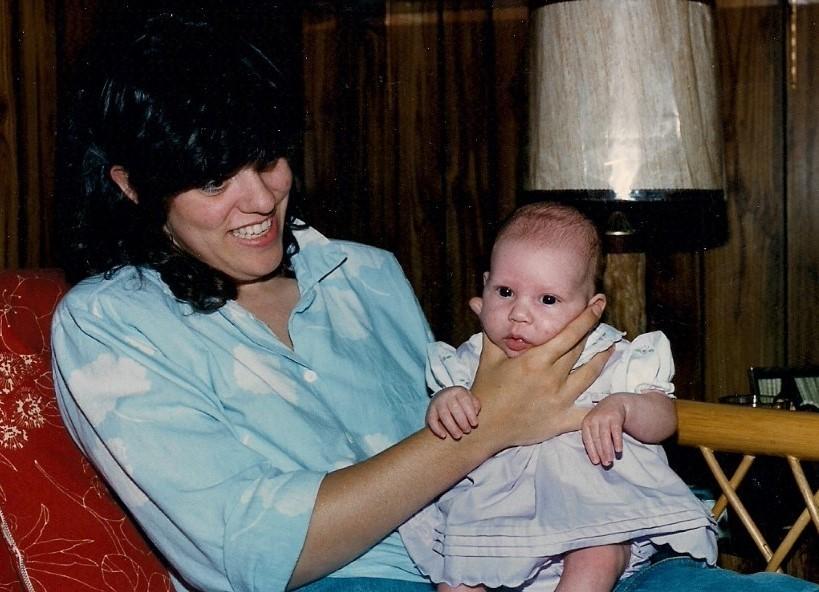
When I became an adult my mother disclosed to me that she had suffered from PPD after having me. Since then I have recognized it could have been Post Partum Psychosis. In the 80s PPD was not something that anyone spoke about. My mother suffered in silence. After she told me the details of her experience I was absolutely terrified it would happen to me.
When I became pregnant with my first baby I wasn’t scared about labour or the details of taking care of a baby. I was scared that I wouldn’t love him. I was scared I would be lonely. I was terrified that I would have disturbing thoughts like my mother had.

My son came and the odds were against us. Traumatic birth, breastfeeding struggles, no family in Fort McMurray and yes major lack of sleep. Although I didn’t ever experience the clinical signs of a Post Part Disorder I did go through periods of loneliness, sadness, exhaustion and frustration. I remember public health asking me questions at my sons first shots. “Do you find yourself crying?” Um yes! Is there anyone that answers no to that?!” “Are there times you have negative thoughts towards your baby?” Again yes!
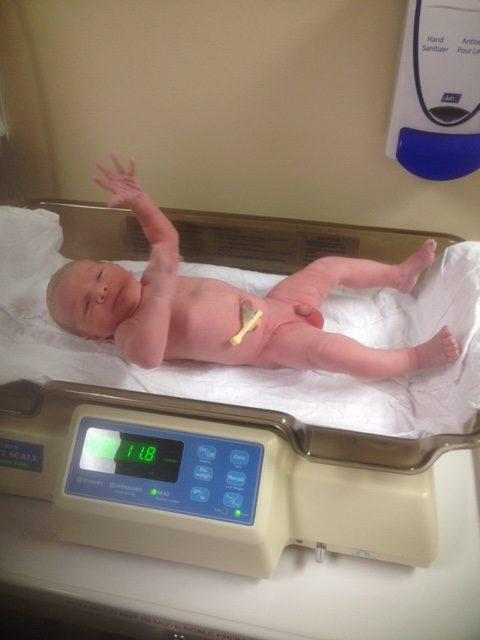
I felt ashamed to answer that one truthfully but there were times when I was alone and my newborn was crying for hours that I felt frustrated and even angry at my little one. That was it! A few general questions from a stranger to which I didn’t even answer honestly. I’m truly lucky that I didn’t experience PPD or PPA but if I had, would anyone have noticed? During the prenatal class my husband and I took there was no mention of the signs to look out for or how to support your spouse. My husband wouldn’t have recognized it as this experience was new for him as well. Public health wouldn’t have noticed and to be honest I’m not sure family or friends would have unless I was really honest with them. No one asked how I was feeling. Everyone focuses on the new baby! Well being of New mothers is often forgotten.
Since then I have started my own business supporting mothers with birth and beyond. It’s very important to me that I teach about PP disorders in my prenatal classes, and that a ask my new mothers “how are you truly feeling?” We talk about the birth, we talk about breastfeeding, crying, sleep and all the feelers. The goods ones and the not so good ones. I want all of my clients and friends to feel comfortable to be honest with me.
So let’s be honest. Becoming a mother can be exciting, amazing and natural but it can also be terrifying, overwhelming and very foreign. When everyone else is so in love with your baby how would a new mother ever feel comfortable admitting she doesn’t feel the same? Mothers are supposed to be grateful for their healthy blessing. They are supposed to immediately love this new member of the human race. Right? What if we didn’t assume all mothers felt the same or felt the way they are “supposed” to. Maybe, just maybe more mothers would feel comfortable talking about how they actually feel.

Some mothers may not know the sings and symptoms of postpartum disorders. Or maybe they read about it while pregnant but have since forgotten or cant recognize symptoms in themselves. This is why we must look out for each other. This blog isnt just for expecting mothers! It’s for expecting partners, grandparents, brothers, sisters, aunties, uncles, friends, co workers even the stranger you just met in the Starbucks line. My point is, everyone should be aware and compassionate enough to ask a mother, truly ask her how she is feeling. Look her in the eyes and actively listen. You might feel it’s not your place, or maybe not your problem to become involved but I tell ya, when a stranger or a friend asks you how you are with true compassion in their eyes it’s surprising what gates will open.

I recently was in the Starbucks line up one caramel macchiato away from a mental breakdown when a cashier left her till to show me compassion. My cart was full, on my way out and I just wanted a simple hit of caffeine. My oldest was licking (yes licking) the treats window while my youngest was clinking two glass mugs together. The kind woman came over like an angel from heaven, laid her hand on my shoulder and said “this too shall pass”. At first I laughed and when she just looked me in the eyes I stopped and almost started crying. She wasn’t telling me anything I didn’t already know, it was her compassion that moved me. I wasn’t suffering from a postpartum disorder but I tell this story to show how important it is to take the time, step out of your comfort zone and show compassion.
What post partum disorders are there? What are the symptoms? This next section of writing will come directly from Americanpregnancy.org. This information is not my personal opinion, it’s factual.
“Over the last several years, postpartum mood disorders have gained more attention from the media and the public. You might even be wondering if you or someone you know is suffering from a postpartum mood disorder.
It is important to understand that this is a broad term for the wide range of emotions a woman can experience after having a baby. Postpartum mood disorders are normally divided into three subcategories that include “baby blues”, postpartum depression (PPD), and postpartum psychosis (PPP).
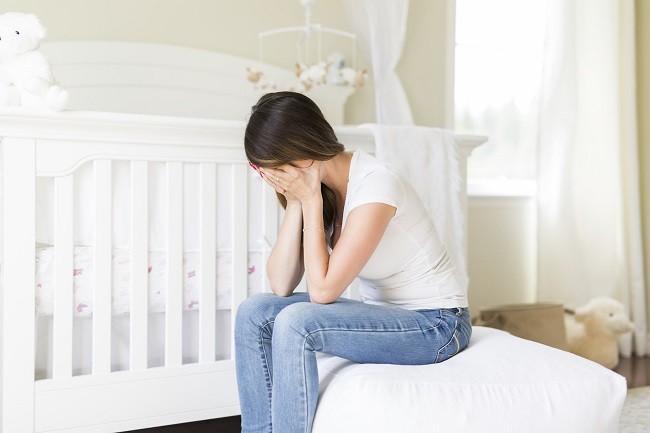
In recent years, new categories have been added to the group of postpartum mood disorders, including postpartum anxiety (PPA), postpartum obsessive-compulsive disorder (PPOCD) and postpartum post-traumatic stress disorder (PPTSD). These subgroups have a variety of symptoms and vary in severity and intensity.”
“The “baby blues” are the least severe form of postpartum depression. Approximately 50% to 75% of all new mothers will experience some negative feelings after giving birth. Normally these feelings occur suddenly four to five days after the birth of the baby.
- The most common symptoms include:
- Crying for no apparent reason
- Mood swings with irritability and anxiousness
- Feeling overwhelmed
- Change in eating and sleeping
While these symptoms are quite unpleasant, they typically resolve on their own within a week to two weeks. Getting as much rest as possible and having a good support system can help these symptoms seem less severe.”
“Approximately 15% of new mothers will experience what is classified as postpartum depression (PPD). Symptoms may occur a few days after delivery or sometimes as late as a year later. Women who experience postpartum depression will have alternating good days and bad days. Symptoms can be mild or severe, usually lasting for over 2 weeks.
A few of the symptoms include:
- Fatigue
- Feeling sad, hopeless, and/or overwhelmed
- Trouble sleeping and eating
- Feelings of guilt and worthlessness
- Losing interest in things that you used to enjoy
- Withdrawing from family and friends
- No interest in your baby
- Thoughts of hurting yourself or your baby
Because postpartum depression can range in severity, it’s very important than any woman experiencing these symptoms talk with her health care provider. Treatment may include therapy and/or medication.”
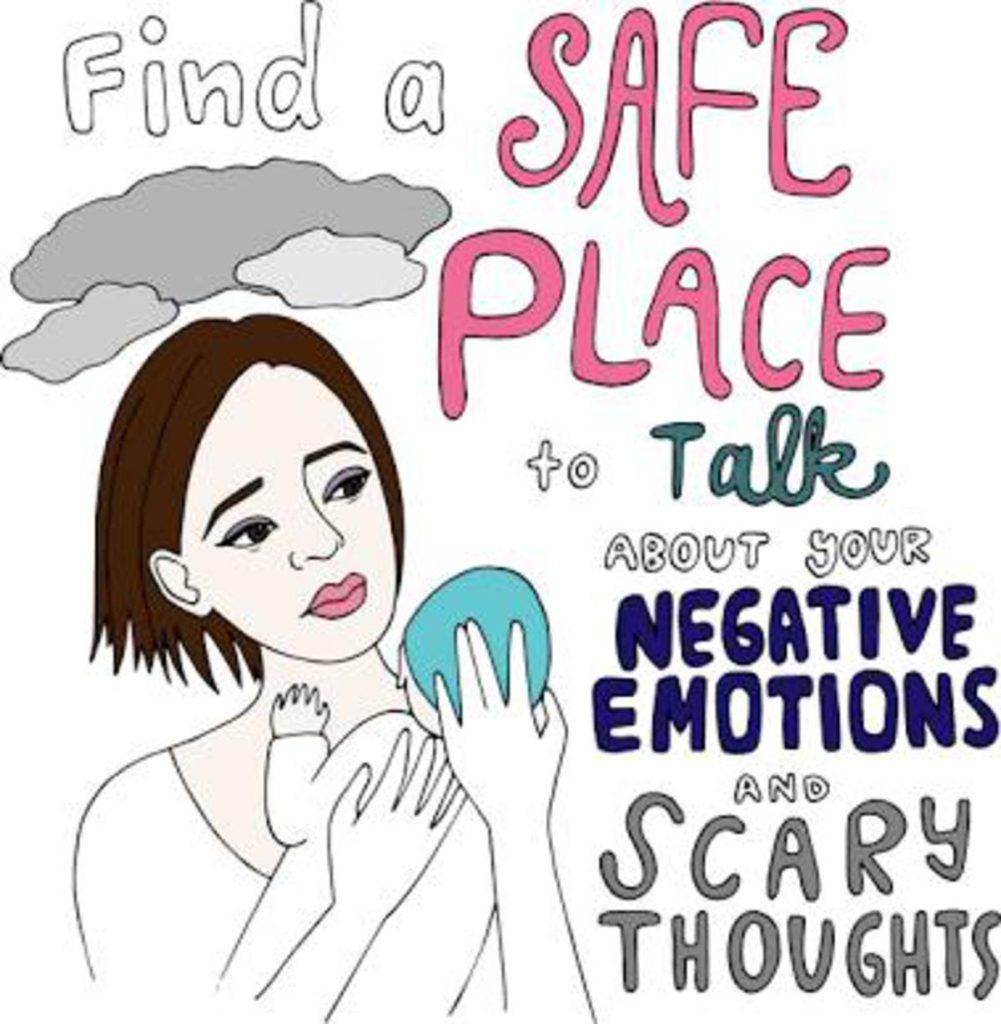
“Postpartum anxiety affects about 10% of postpartum women. These women may experience anxiety by itself or may also experience depression with the anxiety. Postpartum anxiety can also include postpartum panic disorder which includes having panic attacks along with feelings of anxiety.
Symptoms include:
- Changes in eating and sleeping
- Racing thoughts that you have difficulty controlling
- Constant worry
- Impending fear that something bad is going to happen
- Trouble with sitting still and focusing
- Physical symptoms such as dizziness, hot flashes, and nausea
Postpartum anxiety is treatable and often will go away once the right treatment is found.”
“Postpartum obsessive-compulsive disorder is one of the newer disorders that is part of the postpartum mood disorders group. It is estimated that about 3-5% of postpartum women will experience some of the symptoms of PPOCD.
Symptoms may include:
- Overly occupied with keeping your baby safe
- Compelled to do certain things over and over again to help relieve her anxiety and fears–This can include counting things, ordering things, listing things, checking and rechecking actions already performed, and cleaning repeatedly. This may manifest itself in cleaning, feeding, or taking care of the baby.
- May recognize these obsessions but feels horror and shame associated with them
- Obsessions or thoughts that are persistent, are repetitive and can include mental images of the baby that are disturbing
- Fear of being alone with the baby
Women who suffer from PPOCD often know that these thoughts, actions, and feelings are not normal and do not act on them. But the obsession can get in the way of a mom taking care of her baby properly or being able to enjoy her baby. With the right treatment, women with PPOCD can experience freedom from being controlled by these obsessions and compulsions”
“Postpartum post-traumatic stress disorder often affects women who experienced a real or perceived trauma during childbirth or immediately after the baby was born. It is believed that approximately 1-6% of women experience postpartum post-traumatic stress disorder after giving birth.
Traumas that might cause postpartum post-traumatic stress disorder include:
- Unplanned Cesarean
- Emergency complication such as prolapsed cord
- Birth that includes invasive interventions such use of vacuum extractor or forceps
- Baby having to stay in NICU
- Lack of support and assurance during the delivery
- Lack of communication from the birth and support team
- Feelings of powerlessness
Symptoms of PPTSD may include:
- Nightmares and flashbacks to the birth or trauma
- Anxiety and panic attacks
- Feeling a detachment from reality and life
- Irritability, sleeplessness, hyper vigilance, startles more easily
- Avoidance of anything that brings reminders of the event such as people, places, smells, noises, feelings
- May begin re-experiencing past traumatic events, including the event that triggered the disorder
Women who are experiencing PPTSD need to talk with a health care provider about what they are feeling. With the correct treatment, these symptoms will lessen and eventually go away.”

“Postpartum psychosis (PPP) is the most severe form of postpartum depression, but fortunately it is the rarest form. It occurs in 1 to 2 out of every 1,000 pregnancies. The onset is very sudden and severe, normally within 2 to 3 weeks after giving birth.
Symptoms are characterized by a loss of touch with reality and can include:
- Bizarre behavior
- Suicidal thoughts
- Hallucinations and/or delusions
- Thoughts of hurting the baby
- Rapid mood swings
- Hyperactivity
Postpartum psychosis is considered a medical emergency and should be treated immediately.”
Now let’s not forget about dads. Yes dads! Recently I was watching an episode of Jane The Virgin and a main character, Rogelio, became a new father. He decided to quit his job and become a stay at home dad. Shortly after the birth of his baby he begins to experience what he claims to be Post Partum Depression. The show used this angle for comic relief and made fun of a man who was claiming to have PPD. I find this show hilarious, but in seriousness this is not something we should make fun of. A large number of Men struggle with expressing their feelings on a good day. Men need to be comfortable expressing their feelings too. Public health should also ask the father how he is feeling. Doulas, doctors, friends and family should all take the time to ask a new father “and how are you doing with all of this change?”

About 10% of all new dads will experience PPD/A, and for those who have a partner coping with it as well, that number is as high as 25–50%. The depression can begin while the partner is still pregnant, but usually happens 3–6 months after birth.
“Men and women can experience depression very differently. Here are some symptoms that are common in men:
- Increased anger and conflict with others
- Increased use of alcohol or prescription/street drugs
- Frustration or irritability
- Violent behaviour
- Significant weight gain or loss
- Isolation from family and friends
- Being easily stressed
- Impulsiveness or risk taking (this kind of behaviour can include reckless driving or extramarital affairs)
- Feeling discouraged; cynicism
- Increase in complaints about physical problems, like headaches, digestion problems or pain
- Problems with concentration or motivation
- Loss of interest in work, hobbies and/or sex
- Working constantly
- Concerns about productivity and functioning at work or school
- Fatigue
- Feeling sad or crying for no reason
- Conflict between how you feel you should be as a man and how you are
- Thoughts of suicide or death
Some of the factors that can contribute to depression in new or soon-to-be fathers include:
- Personal history of depression
- Family history of depression
- Worries about being a parent
- Feeling overwhelmed with expectations in your role at work and your role as a father
- Financial problems
- Lack of social and/or emotional support
- Stress in relationship with family or spouse
- Missing attention and/or sex from your partner
- Stressful birthing experience
- Lack of sleep after the baby is born
- Feeling excluded from the bond between mom and baby
- Being a new immigrant to Canada
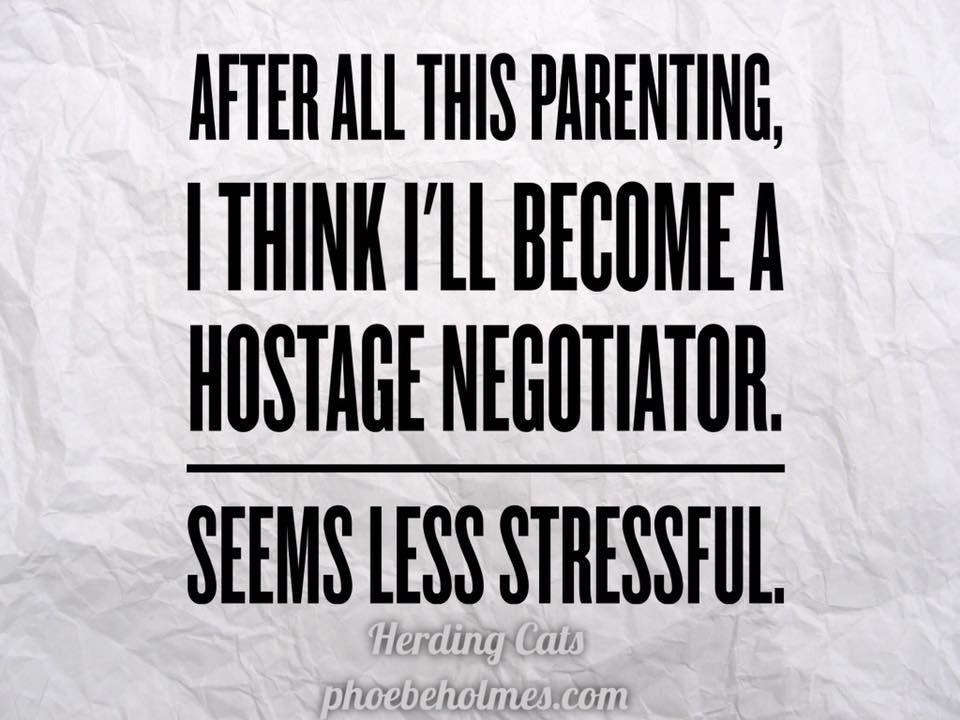
If your reading this and thinking “I have felt that way, I do feel that way or I know someone who feels this way” please know your not alone and that there are resources out there. It’s so very important you speak to someone and seek help. 32 years ago my mother suffered in silence for fear of judgment and lack of knowledge. I hope that after reading this you feel more educated and supported. When public health asks you how your feeling, tell the truth. When a friend asks how motherhood is treating you, be honest! And parents, be there for each other.

Here are some resources and please if you are suffering reach out and I will make it a priority to find you appropriate help.
Solidarity Parents! Were in this together.
Postpartum Depression
https://www.albertahealthservices.ca/services/page15072.aspx
https://www.thehubfrc.ca/prenatal-postpartum-support/
http://wbpcn.ca/passport_to_pregnancy/Pages/default.aspx
https://www.albertahealthservices.ca/findhealth/Service.aspx?id=1009754&serviceAtFacilityID=1112306
https://www.albertahealthservices.ca/assets/healthinfo/link/index.html


Great read! Well written. And so true!
Very Good Read! I truly believe many Moms suffer in silence … knowing u are not alone makes all the difference ♥️